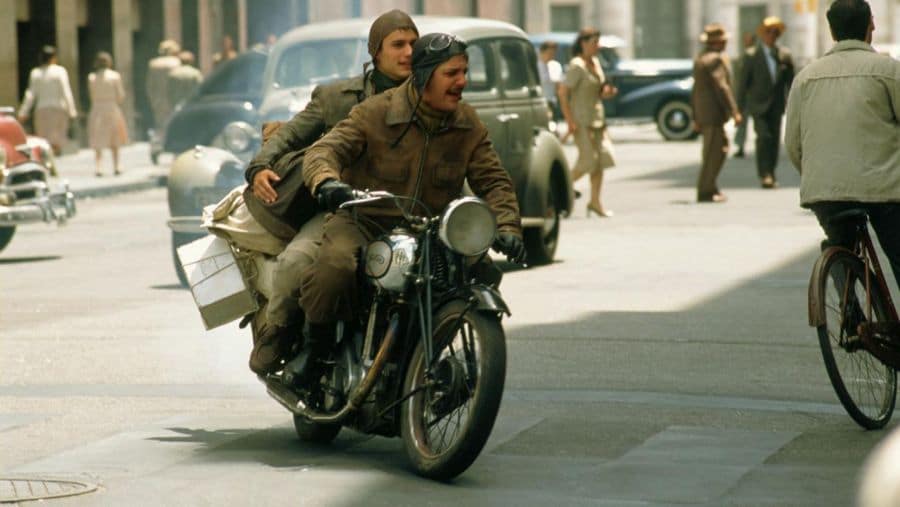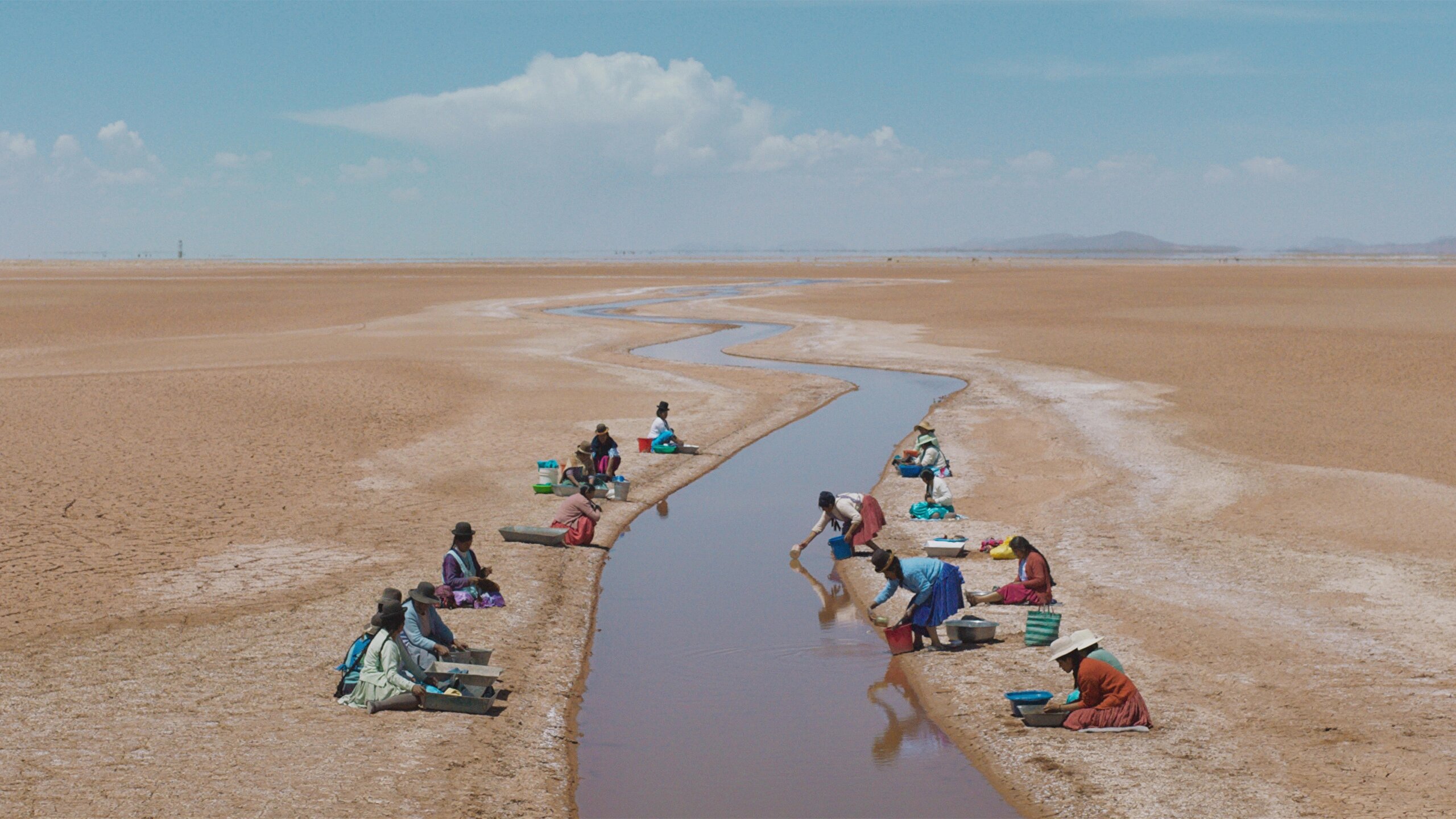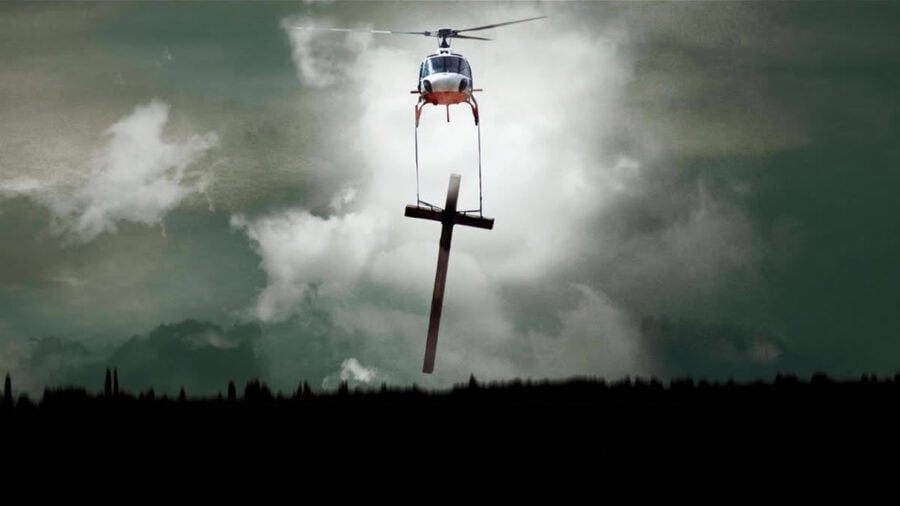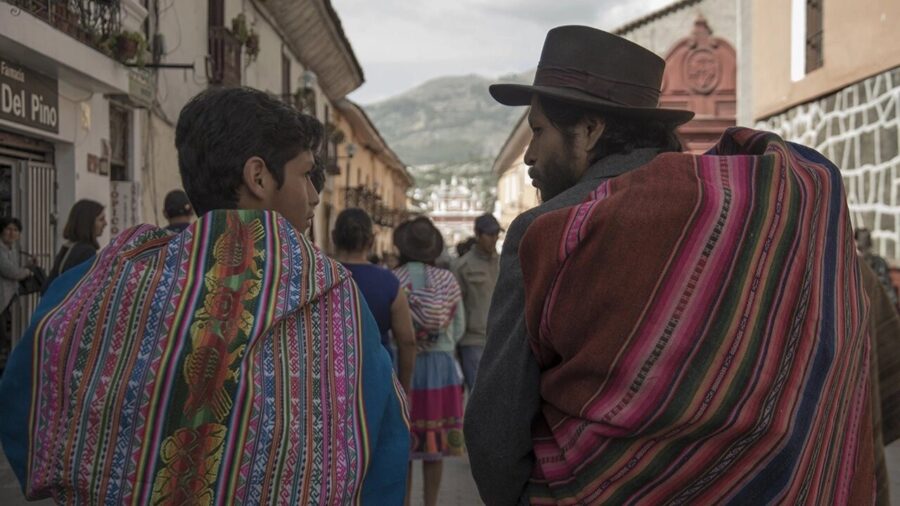Let's fight! I'm not a fan of "Into the wild" okay okay, calm down... Maybe we can fix this. Maybe we could watch "The Motorcycle Diaries" together. Watching this heartwarming movie, you will get the travel bug. I got it and I never got rid of it. I even want to go on a motorcycle tour through South America although I would have never dreamed of getting on a motorbike. Have fun with it. Oh and... this film is about the young Che Guevara and his friend Alberto Granado by the way.
Genre: Drama
Actor: Antonella Costa, Constanza B. Majluf, Cristián Chaparro, Erto Pantoja, Fernando Farías, Franco Solazzi, Gabriela Aguilera, Gael García Bernal, Gustavo Bueno, Jaime Azócar, Jean Pierre Noher, Jorge Chiarella, Lucas Oro, Marina Glezer, Mercedes Moran, Mía Maestro, Natalia Lobo, Pablo Macaya, Ricardo Diaz Mourelle, Rodrigo De la Serna, Sergio Boris, Sofia Bertolotto, Susana Lanteri, Vilma Verdejo
Director: Walter Salles




